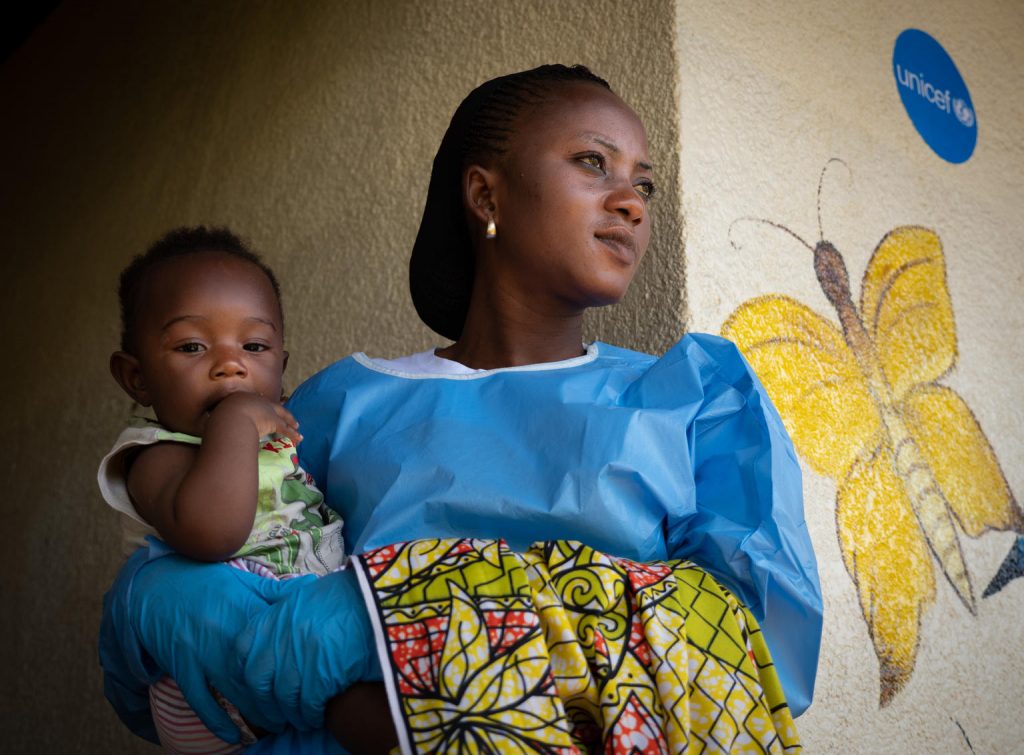This report is for supervisors managing ongoing Ebola outbreaks, or working on preparedness and recovery activities in regions at risk of, or affected by, Ebola epidemics. It is based on rapid and intensive ethnographic field research in Equateur Province, Democratic Republic of Congo, undertaken less than a month after the epidemic was declared over in July 2018. The research comprised 60 separate open-ended, semi-structured interviews with local health workers, government officials and administrators, Ebola survivors and their families, community leaders, and national and international responders. The overall finding of the report is that an Ebola epidemic, along with the way the response itself is conducted, can have significant social, psychological, economic, and health impacts for the communities involved. By providing a close, qualitative reportage on perceptions of the epidemic and the response in Equateur Province, the report aims to render tangible the social, political and economic dimensions of an Ebola epidemic and to offer recommendations for the response which prepare communities for life ‘post-Ebola’ at each stage of an intervention.
Epidemic management focuses on what needs to be done before, during and after an epidemic in order to minimize the health, social and economic impacts of the epidemic. Each section of the report examines one of these temporal stages, which are available as separate reports: Part One: Preparedness; Part Two: Response, and; Part Three: Recovery.



